Health Issues to Watch for in Your Yellow Cockatiel: Must Read Guide
Explore crucial health issues in Yellow Cockatiels, from arthritis and cardiac disease to malnutrition. Learn how to spot symptoms early!

Key Takeaways:
- Recognize common health issues in yellow cockatiels to ensure early intervention.
- Understand the importance of a proper diet and environment for preventing diseases.
- Learn how to identify signs of illness in your cockatiel for prompt veterinary care.
Cockatiels, with their charming personalities and striking features, have soared in popularity as pets. Among the various color mutations, the yellow cockatiel, particularly the gorgeous lutino cockatiel, stands out with its bright yellow feathers and red eyes. As a responsible pet owner, it's crucial to be aware of the health issues that can affect your feathered friend. This article will guide you through the potential health concerns to watch for in your yellow cockatiel, ensuring that your beautiful pet bird remains in top condition.
Recognizing Respiratory Issues
Respiratory problems are common in pet birds, including yellow cockatiels. Signs to look out for include labored breathing, wheezing, and nasal discharge. These symptoms could indicate a range of issues from a simple cold to more serious conditions like pneumonia or air sac mites. Regularly cleaning the bird cage and providing a dust-free environment can help prevent these issues.
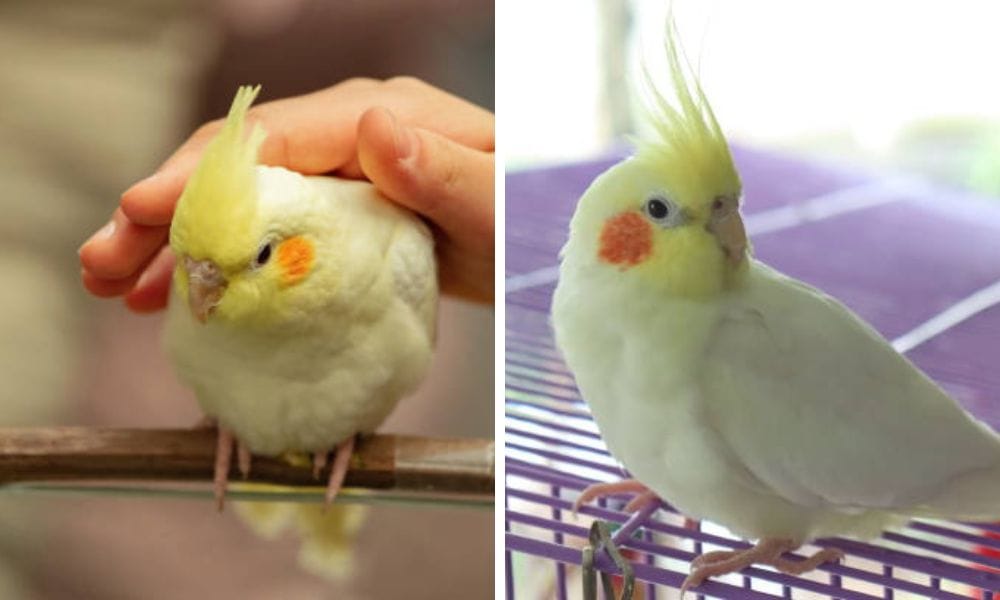
The Risk of Obesity
Yellow cockatiels, like other birds, can become overweight if their diet isn't managed properly. Obesity can lead to a host of health problems, including fatty liver disease. To prevent this, ensure your cockatiel has a balanced diet and plenty of opportunities for exercise. Avoid overfeeding and monitor their treat intake, especially foods high in fat.

Feather Plucking and Stress
Feather plucking is a distressing behavior often caused by stress, boredom, or underlying health issues. If you notice your cockatiel plucking its bright yellow feathers or those with prominent white flashes, it's time to investigate. Enriching their environment with toys and interaction, along with a health check, can address this behavior.
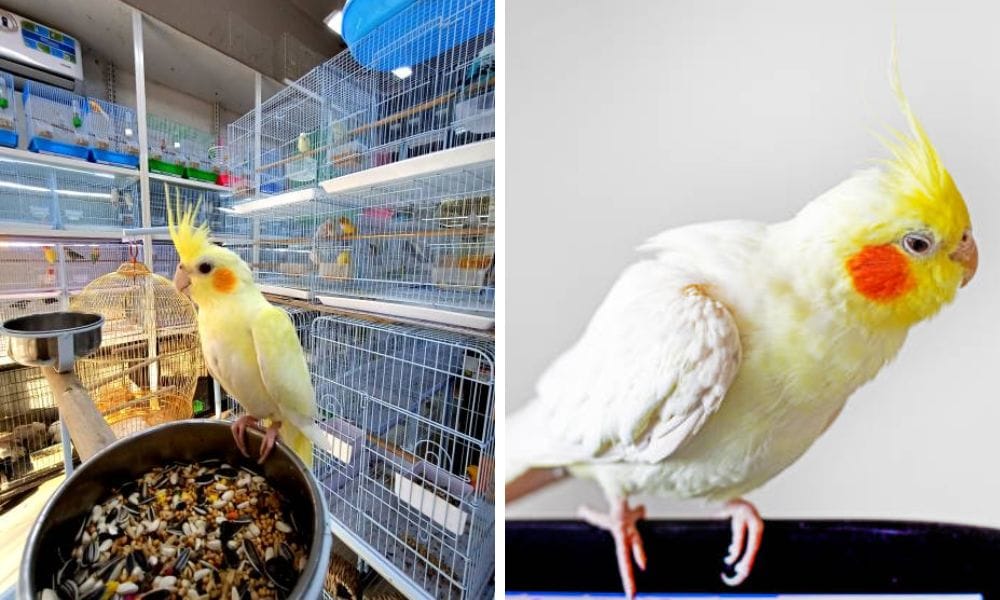
Gastrointestinal Troubles
Diarrhea and constipation are signs that your cockatiel's digestive system is in distress. These can stem from dietary issues, bacterial infections, or parasites. A diet rich in variety, including pellets, seeds, and fresh fruits and vegetables, can help maintain a healthy gut. Watch for changes in droppings as an early indicator of trouble.
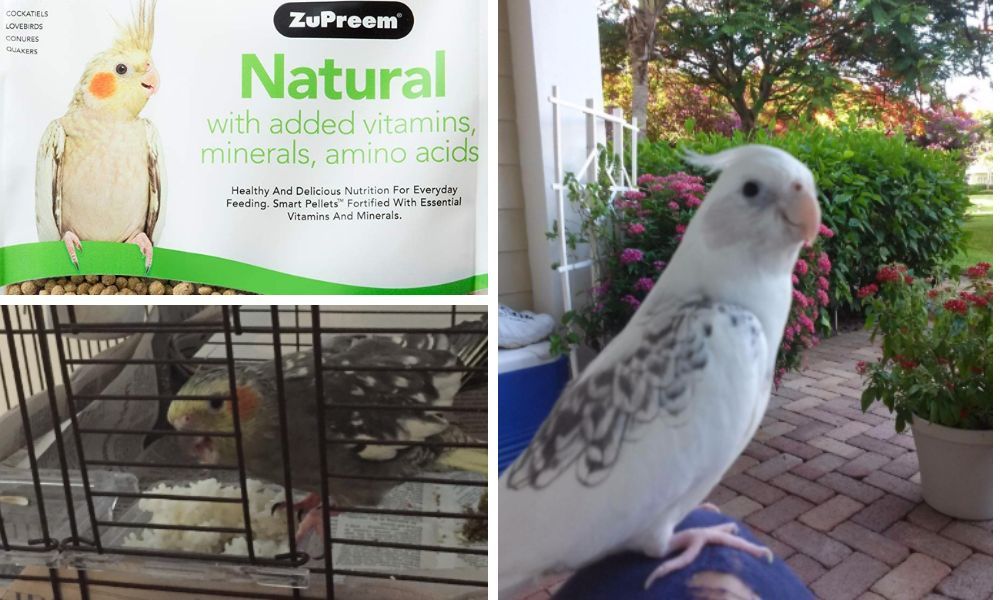
The Danger of Toxicity
Cockatiels are sensitive to various toxins that can be found in a typical household. Exposure to fumes from non-stick cookware, scented candles, or cleaning products can be fatal. Ensure that your home is well-ventilated and that any potentially toxic substances are kept well away from your bird's environment.
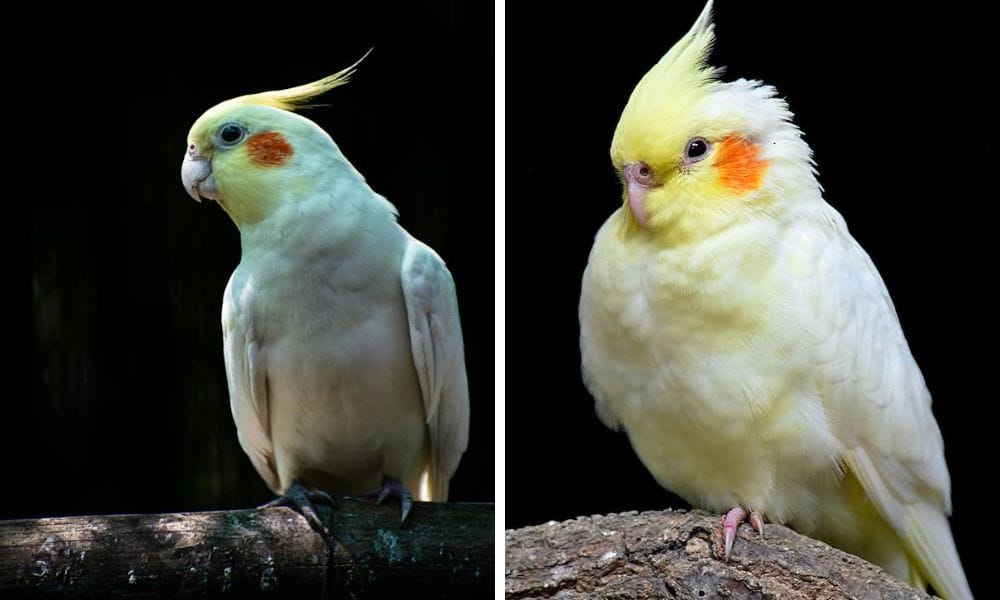
Parasitic Infections
External parasites like mites and lice can infest your cockatiel's plumage, leading to itching and discomfort. Internal parasites, such as worms, can affect their overall health. Regular health check-ups and maintaining a clean living space are vital in preventing these infestations.
Nutritional Deficiencies
A lack of essential nutrients can lead to various health issues in yellow cockatiels. Vitamin A deficiency, for instance, can cause problems with the skin and feathers. Providing a diet that includes foods rich in necessary vitamins and minerals is essential for preventing these deficiencies.
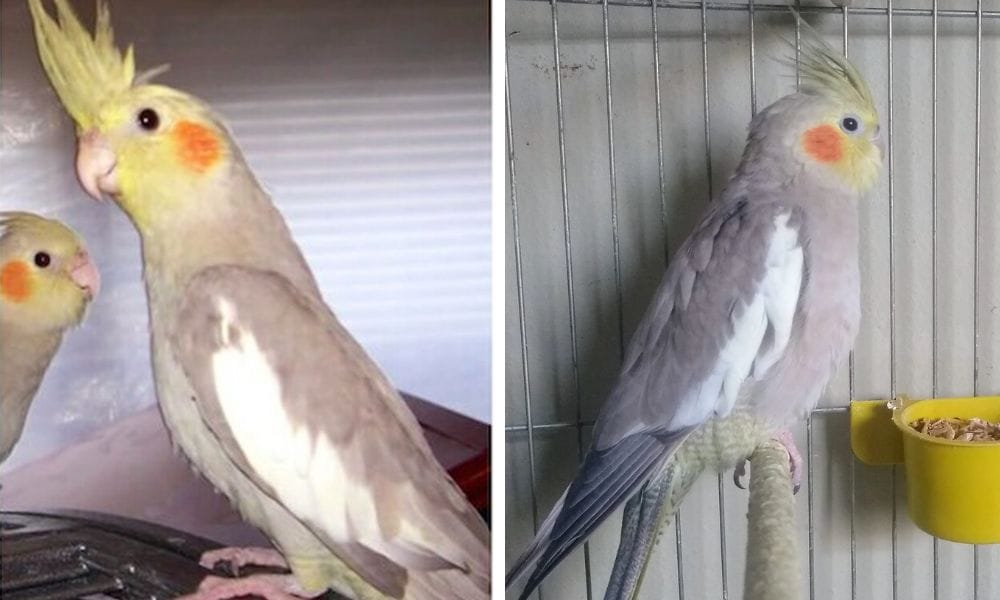
Understanding Cockatiel Mutations and Breeds
Cockatiels, scientifically known as Nymphicus hollandicus, are a beloved member of the parrot family, and their mutations can lead to a fascinating variety of colors and patterns. The second cockatiel mutation, known as the cinnamon cockatiel, is characterized by a warm, cinnamon-brown shading on what would be the primarily grey feathers. This mutation affects the color of the feathers without altering the pattern, which means that the bright orange cheek patches and long tails remain a striking feature. The cinnamon mutation can occur in both male and female cockatiels, adding a beautiful diversity to the aviculture world.
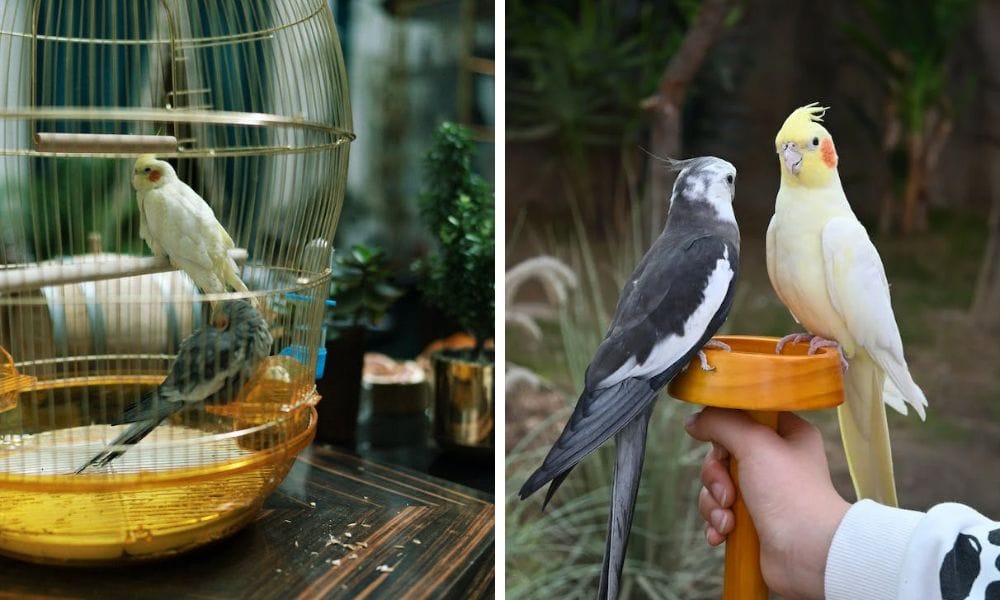
Another popular variant is the female pearl cockatiel, which boasts a delicate pattern resembling pearls across her back, wings, and sometimes her chest. The male counterpart, the male lutino cockatiels, often have a stunning white to light yellow plumage with a yellow head and the iconic bright orange cheeks. The lutino gene is responsible for removing the grey color and enhancing the yellowish tint, making the lutino cockatiel one of the most sought-after mutations. These mutations, including the pied mutation and lutino pied, contribute to the rich tapestry of the cockatiel's plumage, making them a vibrant part of the animal world.
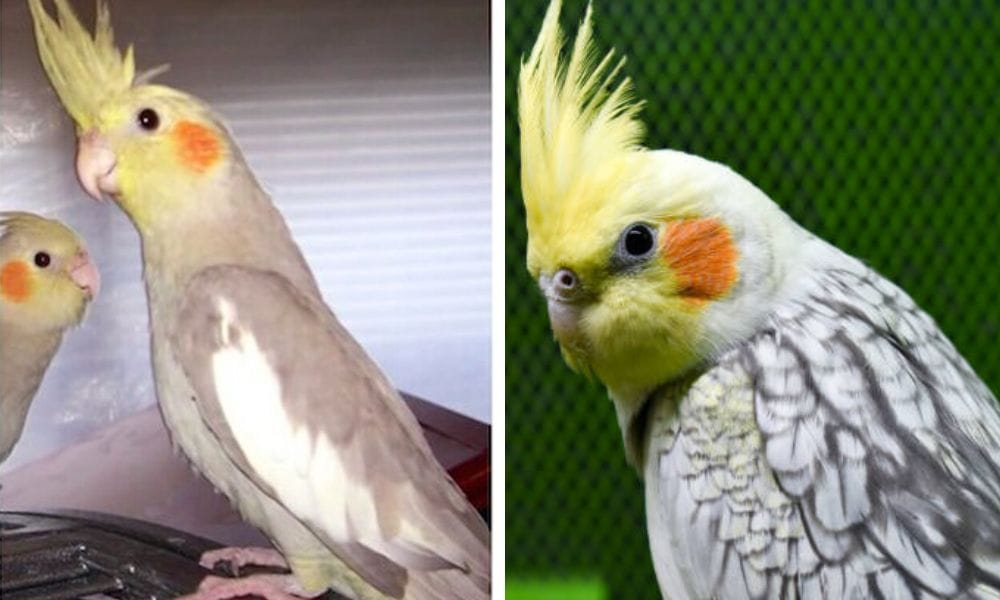
Cockatiel Care: Nesting and Socialization
When it comes to breeding and socialization, understanding the needs of your cockatiel is crucial. Providing a comfortable nest box is essential for breeding pairs, especially during the mating season. The nest box should be spacious enough to accommodate the normal grey cockatiel or any other mutation, like the lutino pearl or pearl pied, and should be placed in a quiet, secure location to encourage breeding. It's important to note that the yellow crest and orange cheeks are not just aesthetic features but can also play a role in mate selection among cockatiels.
Socialization is another key aspect of cockatiel care. Introducing a second cockatiel can be beneficial for companionship, especially if you're often away from home. However, it's important to ensure compatibility between the birds. Male and female cockatiels may bond well, but two males might compete, especially if a female is present. Cockatiels are known to talk and mimic sounds, and social interaction can encourage this behavior. Whether you have a white plumage cockatiel or one with a light grey body and yellow face, socialization can help prevent behavioral issues and promote a happy, healthy bird.
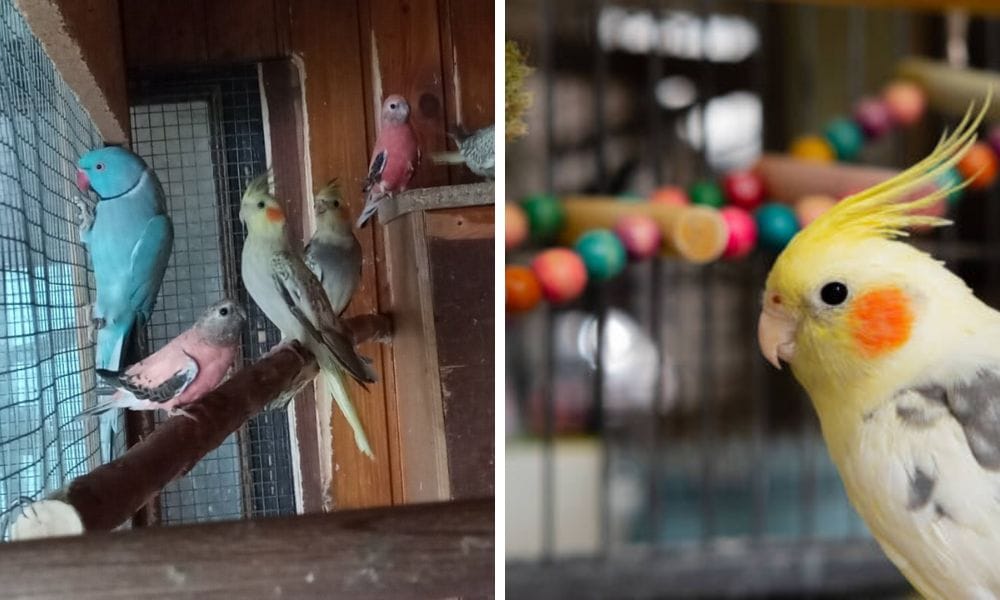
Reproductive Health Concerns
Female cockatiels may face issues like egg binding or chronic egg laying. These conditions can be life-threatening and require immediate veterinary attention. Ensuring your female cockatiel has a proper diet and reducing stimuli that encourage egg-laying can help mitigate these risks.
Trauma and Injuries
Accidents can happen, leading to broken feathers, wings, or even trauma to the beak. It's important to bird-proof your home and supervise your cockatiel during out-of-cage time to prevent such injuries. Any injury should be treated by a vet as soon as possible.
Psittacosis: A Zoonotic Threat
Psittacosis, also known as parrot fever, is a bacterial infection that can be transmitted to humans. Symptoms in cockatiels include eye discharge, respiratory issues, and lethargy. Good hygiene and regular veterinary check-ups can help prevent the spread of this disease.
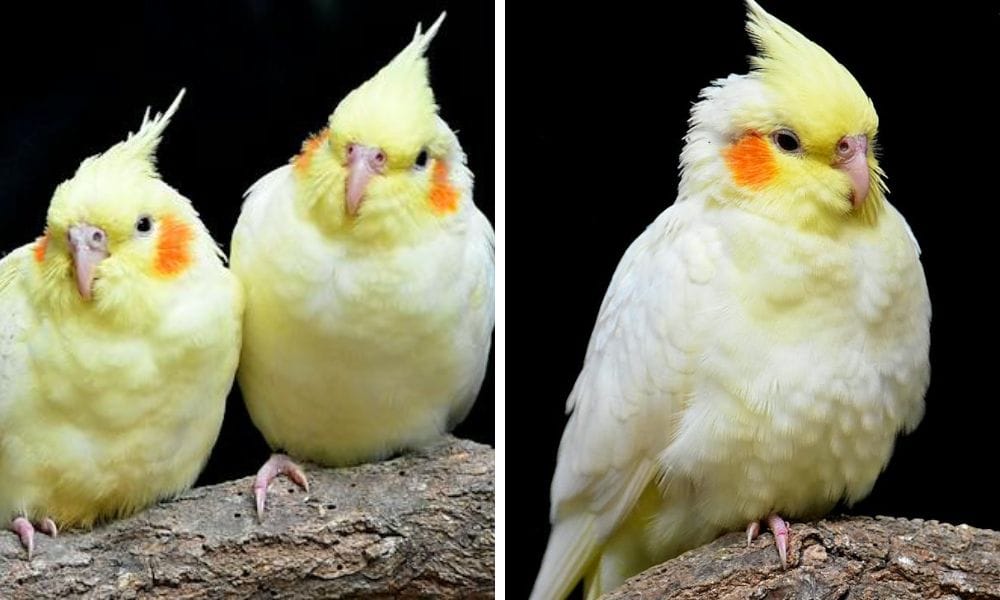
Eye Infections and Issues
Eye problems in cockatiels can range from simple irritation to serious infections. Watch for signs like redness, swelling, or discharge. Keeping the cage clean and avoiding irritants can help maintain your cockatiel's eye health.
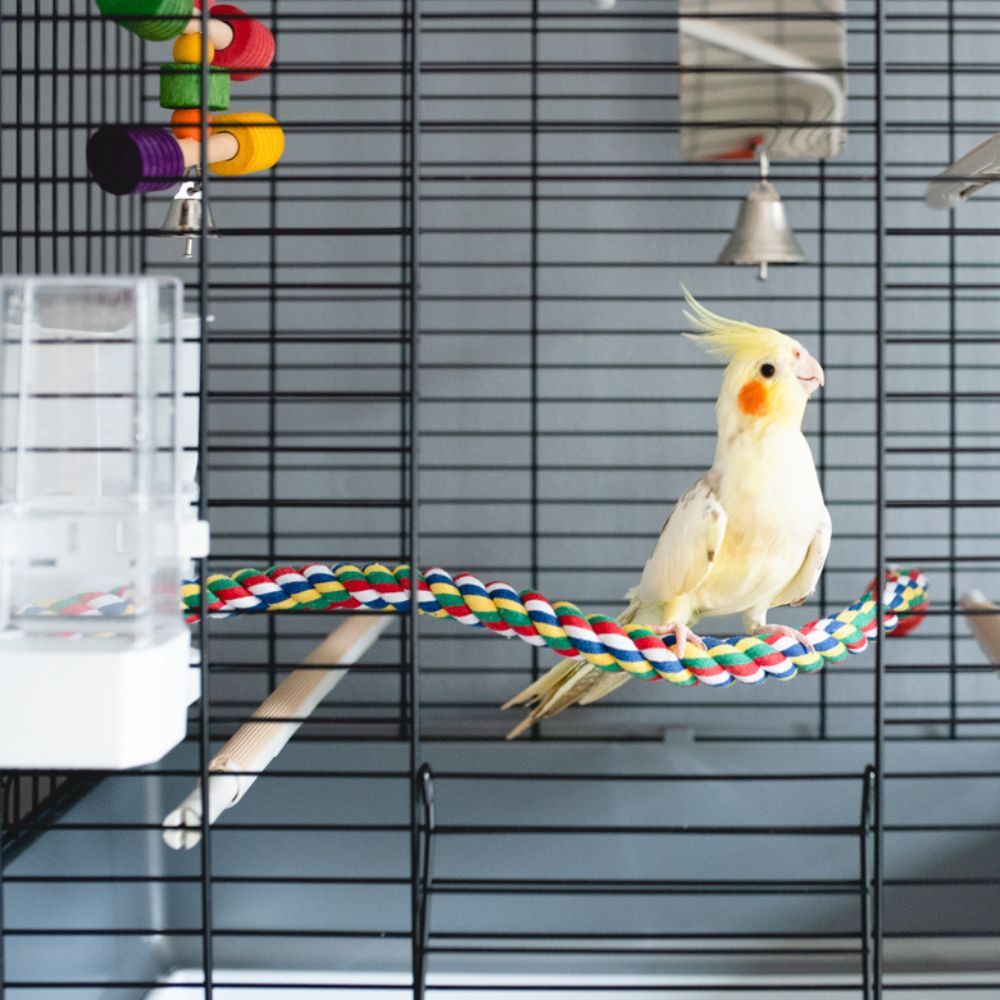
Liver and Kidney Diseases
Liver and kidney diseases can be silent killers in cockatiels. Symptoms are often subtle and can include changes in drinking or eating habits. A diet low in fat and regular health screenings can aid in early detection and treatment.
Skin and Feather Disorders
Skin and feather disorders can affect your cockatiel's appearance and comfort. Issues like mites, fungal infections, or allergies can cause skin irritation and feather loss. A clean environment and regular grooming can help prevent these problems.
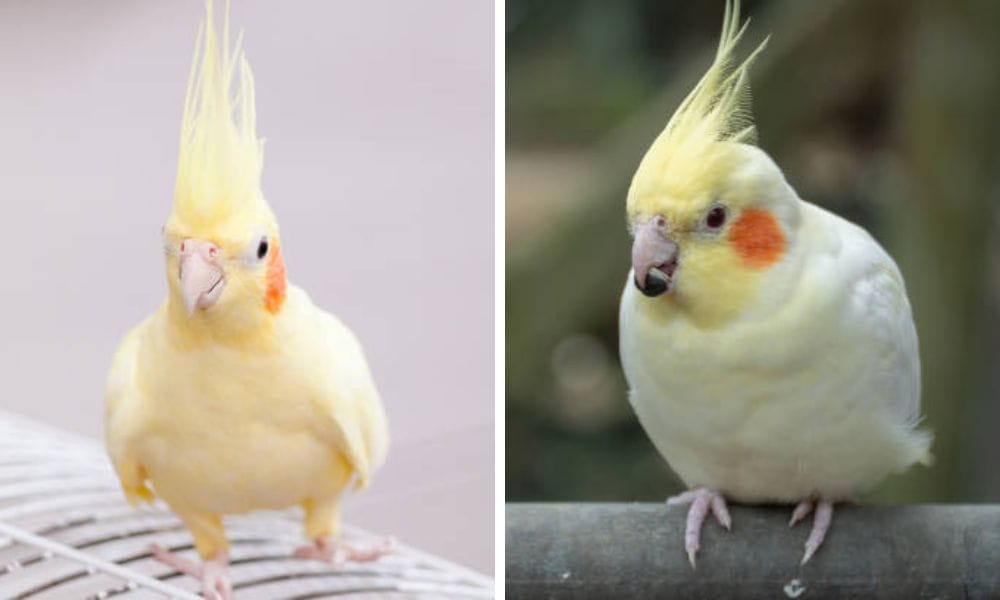
The Importance of Regular Vet Visits
Regular check-ups with an avian vet are crucial for early detection of health issues in your yellow cockatiel. These visits can catch problems before they become serious, ensuring your pet bird remains healthy and happy.
Summary
Caring for a yellow cockatiel involves more than admiring its stunning plumage; it requires vigilance and knowledge of potential health issues. By understanding the signs of respiratory problems, obesity, stress behaviors, gastrointestinal issues, toxicity, parasitic infections, nutritional deficiencies, reproductive health concerns, trauma, psittacosis, eye infections, and liver or kidney diseases, you can provide a safe and healthy environment for your feathered companion. Regular veterinary visits are essential for maintaining your cockatiel's well-being and catching any health concerns early on.
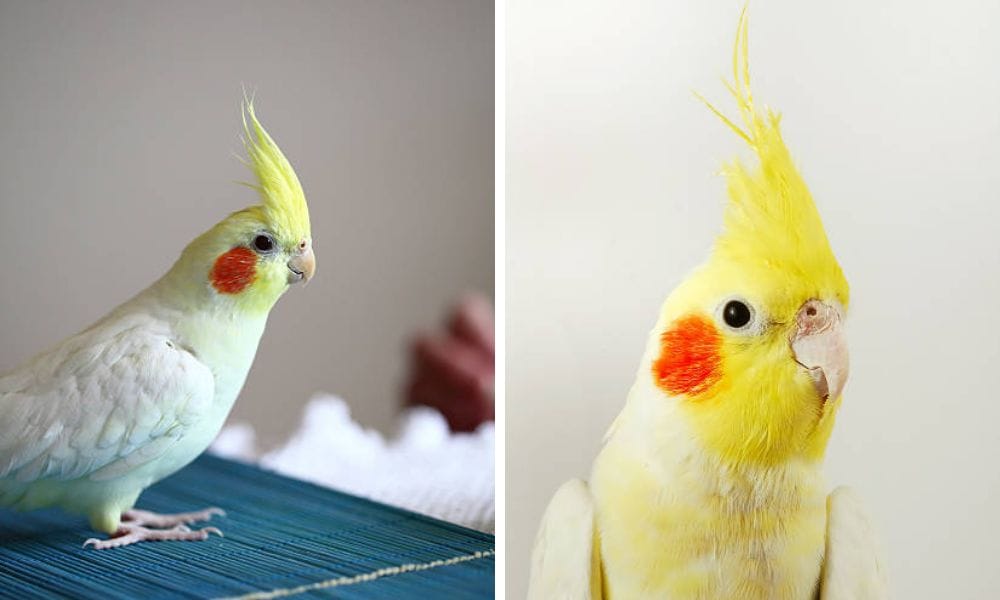
FAQ Section
Q: How can I tell if my yellow cockatiel is sick? A: Look for changes in behavior, such as lethargy or aggression, changes in droppings, abnormal breathing, feather plucking, loss of appetite, or any physical changes like swelling or discharge. If you notice any of these signs, consult an avian veterinarian.
Q: What should I feed my yellow cockatiel to keep it healthy? A: A balanced diet for a cockatiel should include high-quality pellets, a variety of fresh fruits and vegetables, and a limited amount of seeds and nuts. Avoid avocado, chocolate, and foods high in fat, salt, or sugar.
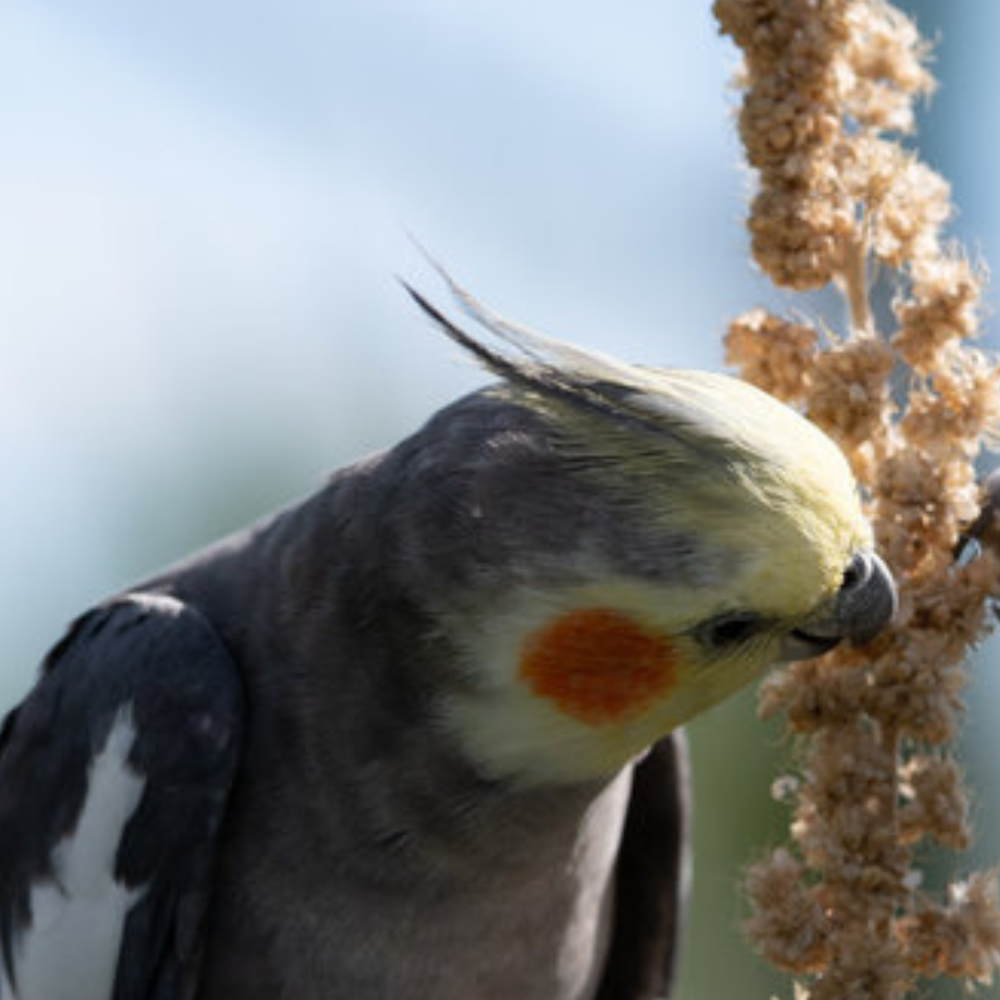
Q: How often should my cockatiel see a vet? A: It's recommended that your cockatiel has an annual check-up with an avian veterinarian. However, if you notice any signs of illness or changes in behavior, schedule a visit immediately. Regular check-ups can help catch and treat issues before they become serious.

